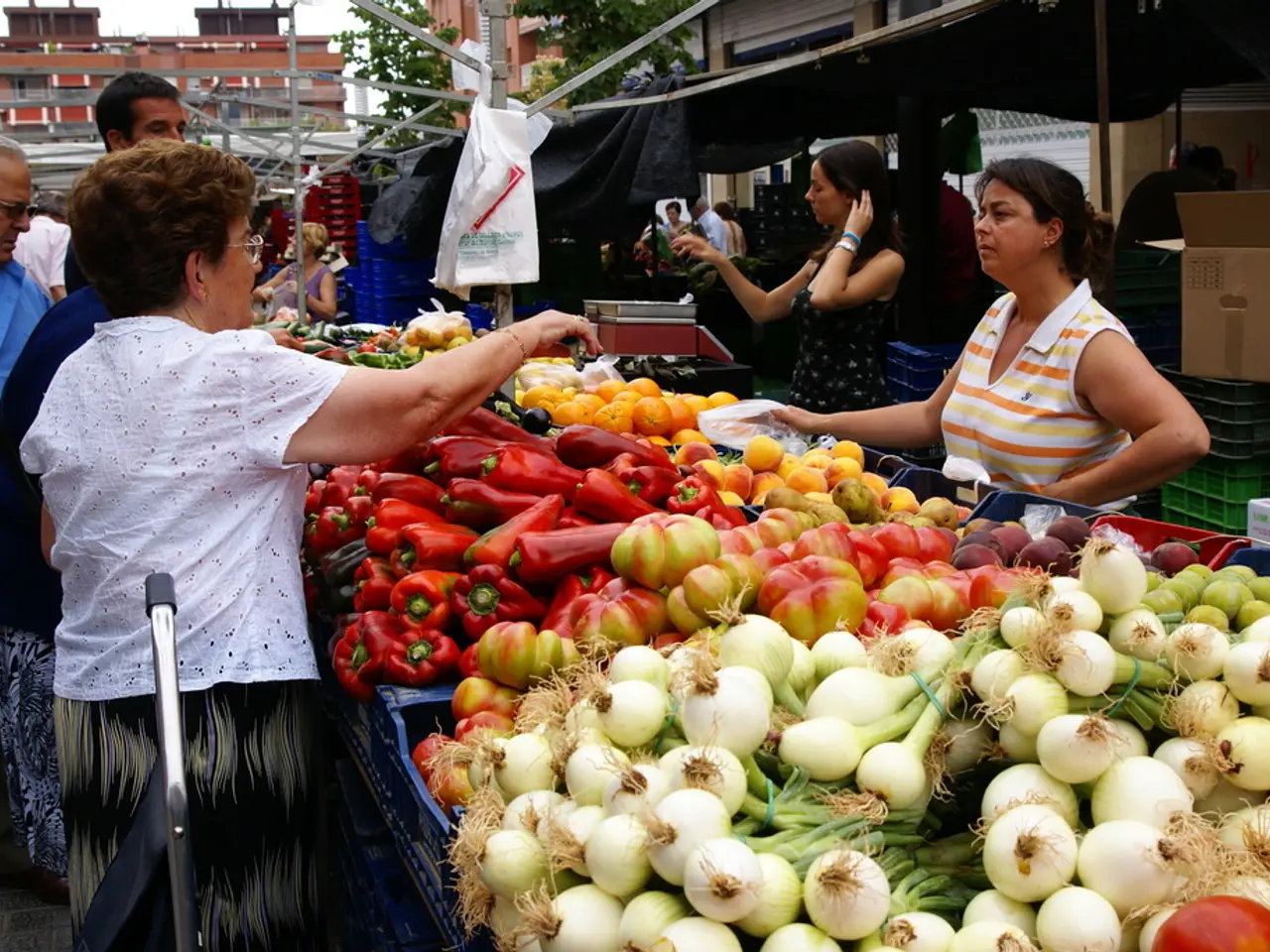International talks on establishing a worldwide agreement to combat plastic pollution have once more failed to reach an accord
In a disappointing turn of events, the United Nations-led negotiations for a global treaty to tackle plastic pollution have once again failed. The latest meeting, an extension of talks that have been going on for three years, took place over the last 10 days in Geneva.
The failure to reach an agreement comes despite the UN member states' commitment to negotiate a global plastics treaty in 2022. The negotiations have been unsuccessful, despite going beyond their allotted time, due to a lack of decisions on how to resolve disputes between negotiating parties and a lack of a formally agreed process to allow countries to vote on the most contentious parts of the treaty text.
David Azoulay, health programme director at the Center for International Environmental Law, called for countries to demand a change to the current consensus rules. He stated that the negotiations will fail if the process does not change.
On Wednesday, a draft of the treaty text was presented, but it was stripped of provisions limiting plastic production or the use of chemicals of concern. The text presented on Friday, unveiled in the early hours, included language recognizing current 'unsustainable' levels of production and reducing 'chemicals of concern to human health or the environment'. However, the new text was weaker than a version proposed last year and relied predominantly on voluntary measures with little scope for strengthening the treaty over time.
The head of the UK delegation described the text as 'a text that takes us towards the lowest common denominator across all elements of the treaty'. The hastily arranged final session that opened at 5.30am on Friday was adjourned without an agreement being reached.
The amount of plastic entering the environment is expected to rise dramatically due to increasing plastic production. According to the Organisation for Economic Co-operation and Development, plastic production is set to triple by 2060, which suggests a dramatic increase in the amount of plastic entering rivers, lakes, and the ocean. In 2019 alone, more than six million tonnes of plastic entered these water bodies.
The failure of the negotiations has sparked calls for a change in the current consensus rules. Luis Vayas Valdivieso, who represents Chile in the UN negotiations on the global plastic levy, echoed these calls, stating that the negotiations will continue to fail if the process does not change.
As the world grapples with the urgent need to address plastic pollution, the lack of progress in these negotiations is a cause for concern. The UN has yet to announce any plans for a new scientific panel on chemical pollution or a new strategy for the negotiations. The fight against plastic pollution continues, and it is hoped that a new approach will be found to ensure a successful outcome in future negotiations.








